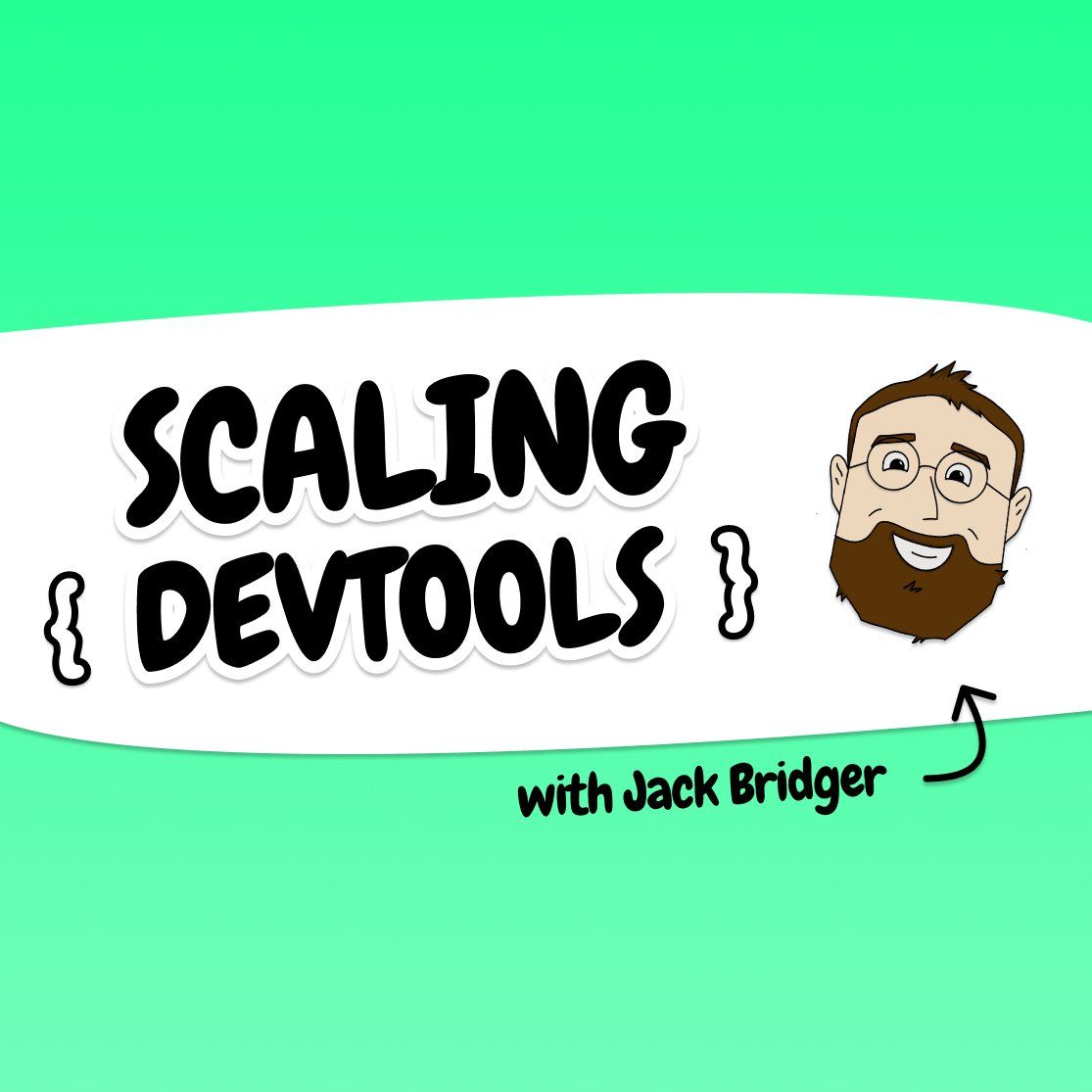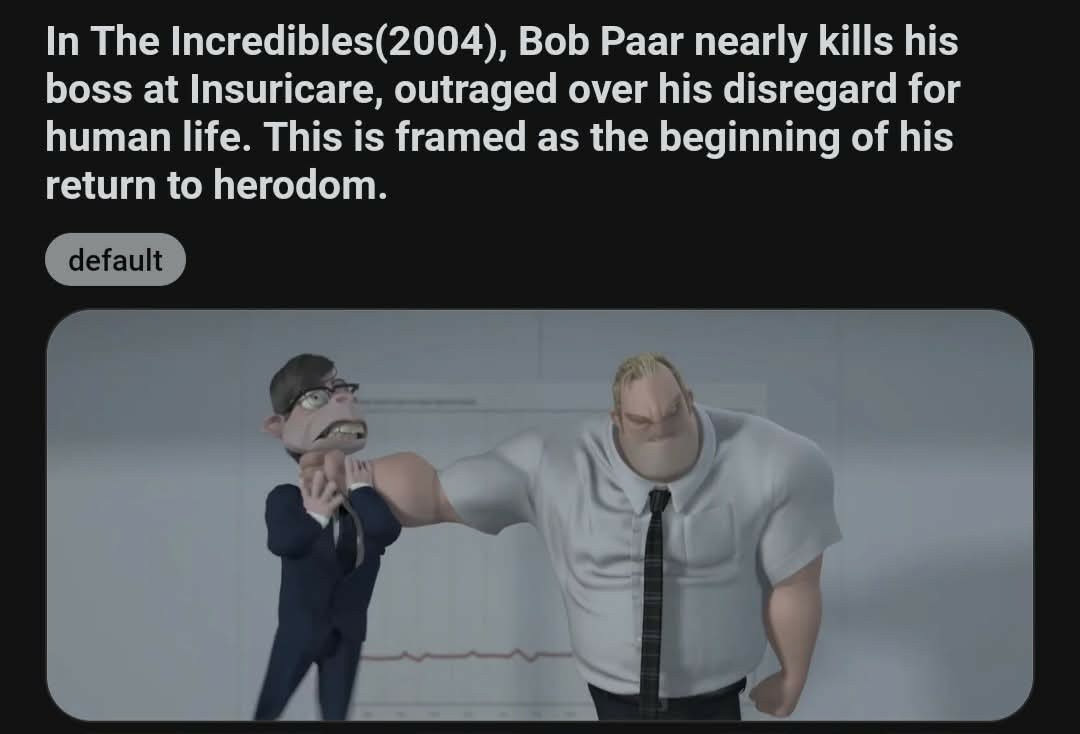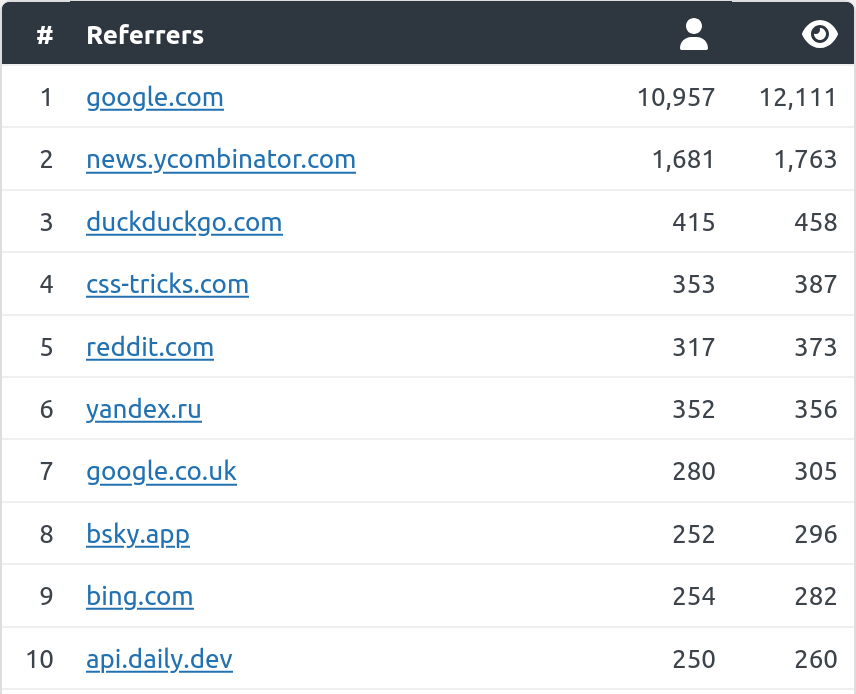Post details
Go 1.23.4 and 1.22.10 releasedProposalsAccepted & implemented: testing: shuffle seed should be different when -shuffle=on and -count flag is setCLNew: cmd/vet: add check for sync.WaitGroup abuseAccepted: cmd/vet: warn about structs marked json omitemptyNew: runtime/mainthread: add mainthread.Do...













